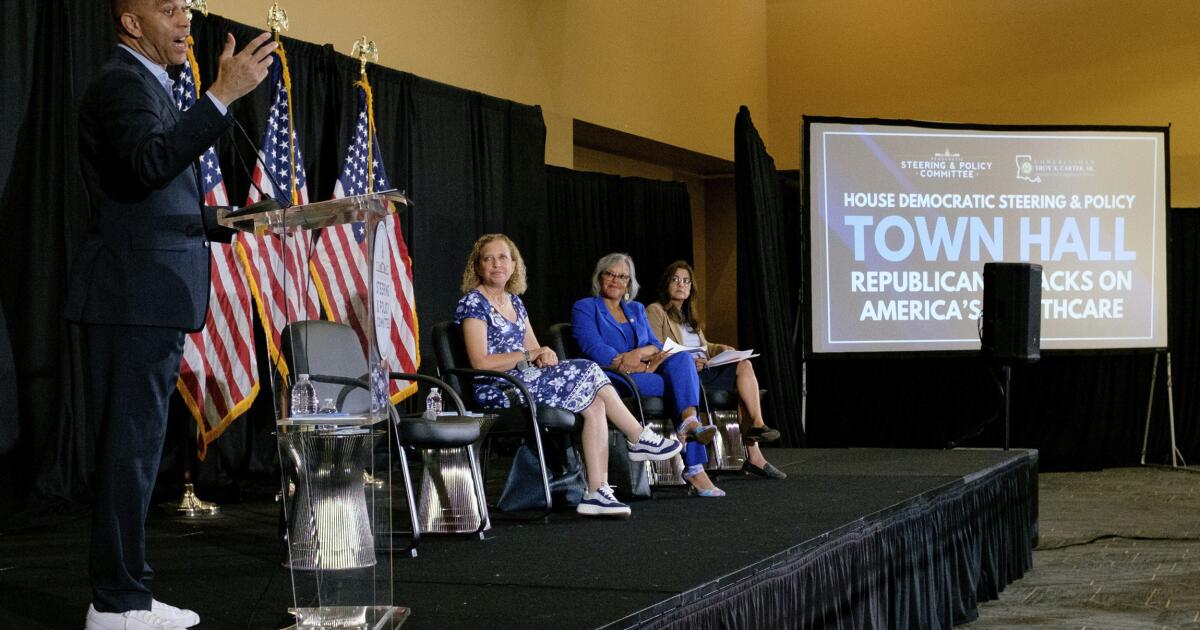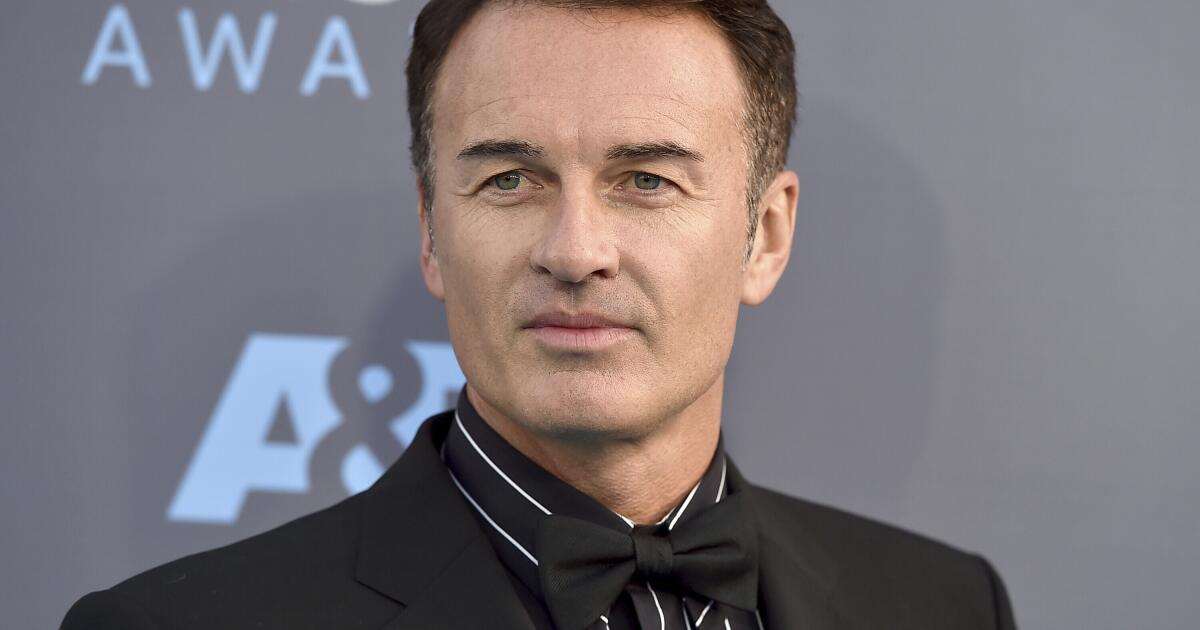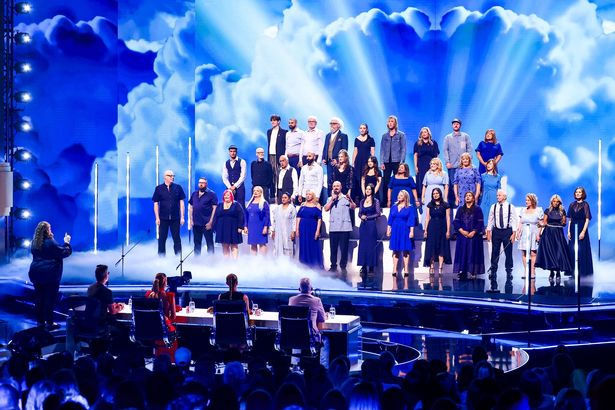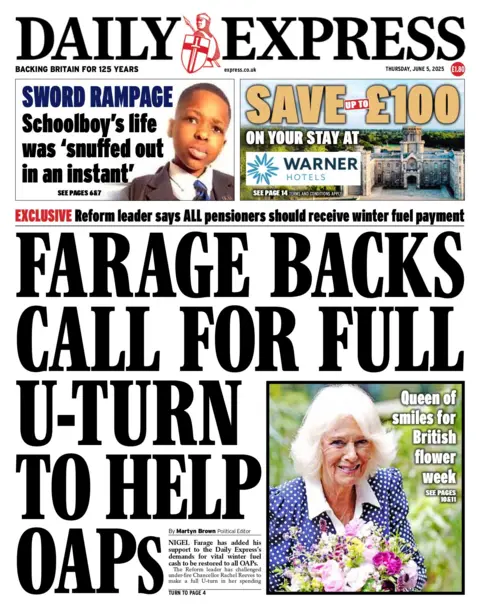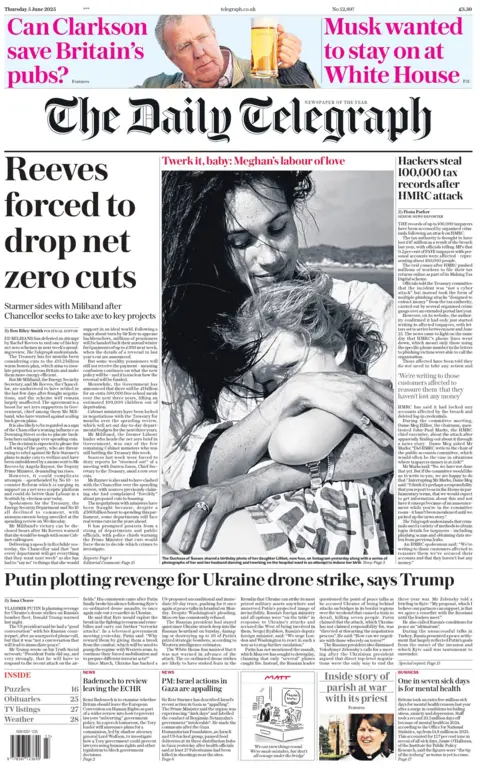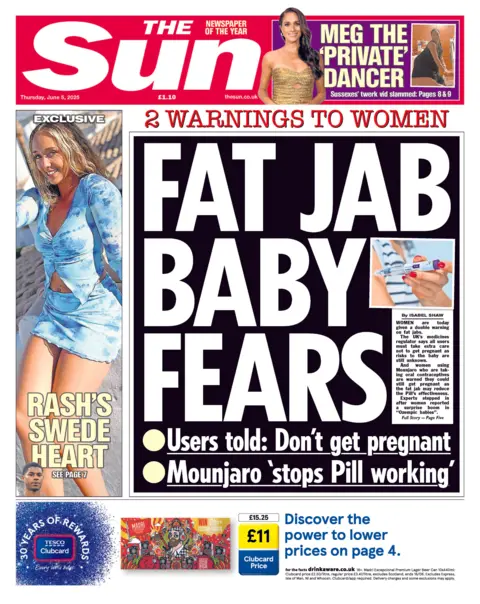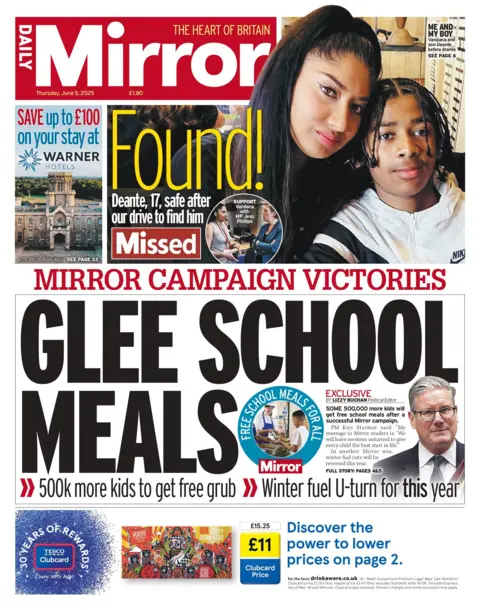During his stint on MAFS, Dave Hand was open about his father Howard’s struggle with cancer. Months later, the Aussie hunk shares a devastating update on his dad’s health.
After making waves in Married At First Sight Australia, Dave Hand has revealed his father Howard is facing his own storm as his cancer has returned.
From heartbreak to healing, Dave Hand is figuring out what comes after reality TV – one step, one trial and one walk with his dog at a time.
Since leaving Married At First Sight Australia and after calling the show out, Dave has been focused on three things: his business, his family and his pooch. But the aftermath of instant fame hit him harder than he thought.
“It’s definitely a lot harder than I expected,” he says, “You’re not only thrown into TV and popularity, it’s like a whole new world. You’re just learning to walk again.”
New to the spotlight of the hit E4 show, Dave didn’t anticipate how fame would ripple into everyday life. “It plays out in everything you do,” he says. “You go out for coffee, you’re taking photos with somebody. Or you’re walking down the street and people are asking you for advice.”
What audiences saw on screen was a man entering the MAFS experiment with real intention. But behind his calm exterior, another story was unfolding. His father, Howard, was battling stage-four cancer.
READ MORE: ‘Struggling’ mum ditches regular diets to lose 4 stone with 3 children under five
“A lot of people connected with me through my dad’s sickness,” Dave says, “Cancer is a hell of a disease and it’s an eye-opener because you don’t realise how many people are going through it. It’s really nice to hear people’s stories.”
But reality TV comes with backlash. Dave says he’s experienced both the highs and lows of fan attention. “On one side, you’ve got really nice, heartwarming messages and on the other, you’ve got someone who’s so immature,” Dave says. “You choose to be mean rather than spread kindness and love. I don’t understand it.”
The online noise isn’t the only thing frustrating him. Off-screen drama between his castmates has left Dave disappointed in what could have been a supportive community.
The latest season has been one of MAFS AU’s most explosive yet – with Ryan Donnelly and Jacqui Burfoot’s feud spiralling into restraining orders and off-camera rows erupting between Jacqui, Rhi, Tim, amongst other participants.
“The cast members should be looking after one another after the show. And you’ve got people acting absolutely ridiculous towards one another. It’s a damn shame,” Dave says.
Before settling scores with on-screen rival Adrian Araouzou. “Adrian said some things about me and he absolutely copped it from the public. I feel sorry for him,” he says, “And in the meantime, he’s attacking me. This isn’t the way the group should be handling it. It’s quite scary.”
He adds: “We should be backing each other at this time and we’ve dropped the ball completely. We could have been standing up to the bad comments together.”
Tensions also brewed with Tim during filming but Dave insists that chapter is far behind him. “I’ve moved on from Tim, any anybody who’s thrown shade my way. I’m not hostile,” Dave says. “If I saw him, I’d probably say ‘G’day!’ But if someone paints you a picture, don’t let them paint you another.”
He’s also made peace with the end of his relationship with Jamie Marinos, the 28-year-old digital marketing agent he was matched with.
While Jamie fell fast – telling Dave she loved him just weeks in – he struggled to match the pace. “After the show, I’ve learned that I really want to take my time with somebody,” he says, “It takes time for me. I’m not as quick as Jamie was, falling in love after six weeks.”
He continues: “You can love somebody when things are all good and happy but when things get hard, you don’t really know who this person is. Jamie said two weeks later that she didn’t love me. I feel like she loved the idea of me or the idea of someone she wanted me to be.”
Now, Dave’s focus is back where it matters the most – his father. The cancer Howard had kept at bay during filming has returned. “The tumours my dad had on the show that had previously shrunk – they’ve come back pretty quickly,” Dave says, emotion straining his voice.
“He’s on a new trial now. Only 200 people in the world are doing it. My dad’s response for doing it is, ‘if I can help somebody out, I’m going to give this trial a crack and help the future.’”
But Dave doesn’t sugar-coat the toll it’s taken. “He’s been fighting it for five years and now it’s taken a toll on him,” Dave adds, “He’s a bit frail and now he’s got to go into battle again.”
Looking ahead, Dave is considering a bold next chapter. “I want to get over to the UK,” he says, “I’d love to do some reality TV over there. I’ll probably come out later in the year.”
As for dating? He’s in no rush. In fact, he’s more focused on mental health advocacy. “Mental health issues and depression have been in my family, I’ve witnessed it, I’ve lived it,” he says.
“But I’ve processed it, I deal with it and I know what works for me. I can help others with that. I want to get the message across that the sad days don’t stick.”
His long-term dream? A mental health charity. “I’d like to touch base on some mental health stuff and be a role model for younger kids,” he says. “I want to start a charity one day.”
Until then, Dave’s not walking alone. His five-year-old Marana dog is always by his side during his toughest days. “He’s definitely helped keep me grounded,” Dave says.
Like this story? For more of the latest showbiz news and gossip, follow Mirror Celebs on TikTok, Snapchat, Instagram, Twitter, Facebook, YouTube and Threads.
